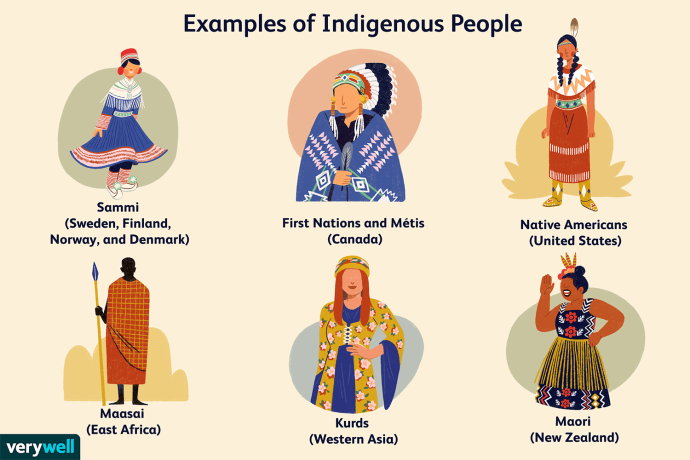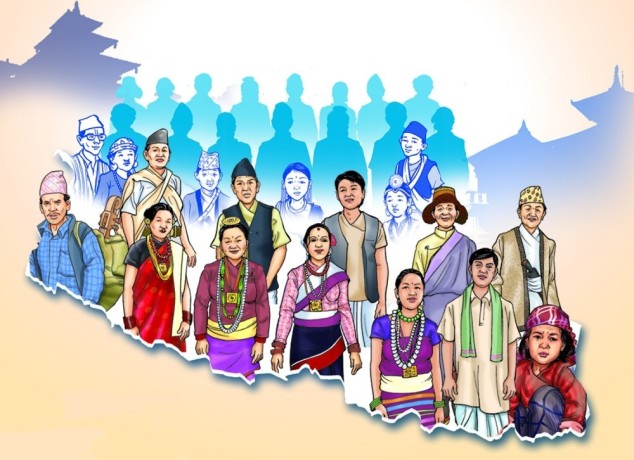Indigenous people Professional
Sep 16th, 2023 at 02:42 Blogs Kathmandu 574 views Reference: 703Location: Kathmandu
Price: Contact us
Indigenous people, also commonly referred to as Indigenous, First Nations, Aboriginal, Native, or Tribal people, are the original inhabitants of specific regions or territories. They have distinct cultural, social, and historical identities that are often tied to their ancestral lands. Indigenous communities can be found on every inhabited continent, including North and South America, Africa, Asia, Australia, and the Pacific Islands.
Here are some important aspects of Indigenous people:
1. Cultural Diversity: Indigenous communities are incredibly diverse, with thousands of distinct languages, cultures, and traditions. Each group has its own unique way of life, belief systems, and practices.
2. Historical and Ancestral Connections: Indigenous people have deep historical and ancestral ties to their lands. Many believe that they have a spiritual and sacred connection to their territories.
3. Sovereignty and Self-Determination: Many Indigenous communities advocate for sovereignty and self-determination, which includes the right to govern themselves and make decisions about their lands, resources, and future. They often seek greater autonomy from the governments of the countries in which they reside.
4. Land Rights: Land is a central issue for many Indigenous communities. They often face challenges related to land dispossession, encroachment on their territories, and resource extraction by governments or corporations. Land rights are a key aspect of Indigenous struggles for justice.
5. Historical Injustices: Indigenous people have often experienced historical injustices, including colonization, forced displacement, violence, and cultural suppression. These injustices have had long-lasting effects on their communities.
6. Social and Economic Disparities: Indigenous communities frequently experience higher rates of poverty, lower access to education and healthcare, and limited economic opportunities compared to non-Indigenous populations in the same countries. These disparities can result from historical discrimination and marginalization.
7. Cultural Revival: Many Indigenous communities are actively working to preserve and revitalize their languages, traditions, and cultural practices, which may have been threatened or lost due to colonization and globalization.
8. Environmental Stewardship: Indigenous communities often possess traditional knowledge and practices related to sustainable land and resource management. They play a crucial role in environmental conservation and addressing issues such as climate change.
9. International Recognition: Indigenous rights and concerns have gained recognition on the international stage. The United Nations Declaration on the Rights of Indigenous Peoples (UNDRIP) is a significant international instrument that outlines the rights and protections of Indigenous people.
10. Activism and Advocacy: Many Indigenous individuals and organizations engage in activism and advocacy to raise awareness about their rights and issues. They work to combat discrimination, protect ancestral lands, and seek justice for historical injustices.
The experiences and challenges faced by Indigenous people vary widely across different communities and regions. Efforts are ongoing, both at the local and international levels, to address historical injustices, protect Indigenous rights, and improve the well-being and autonomy of Indigenous communities around the world.




